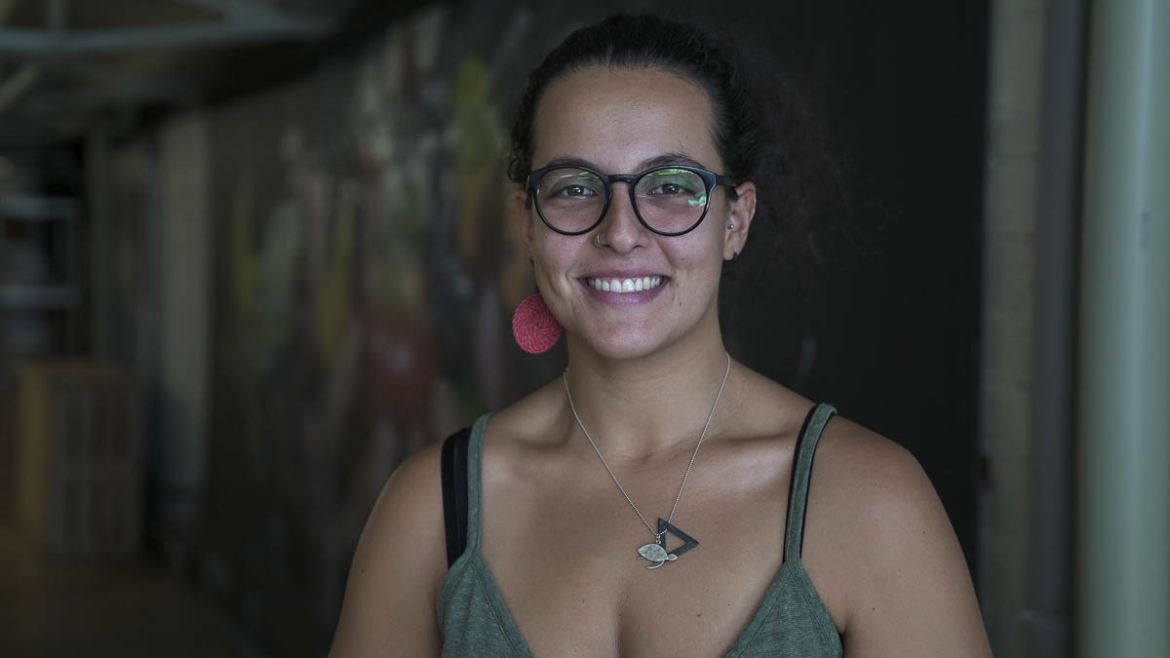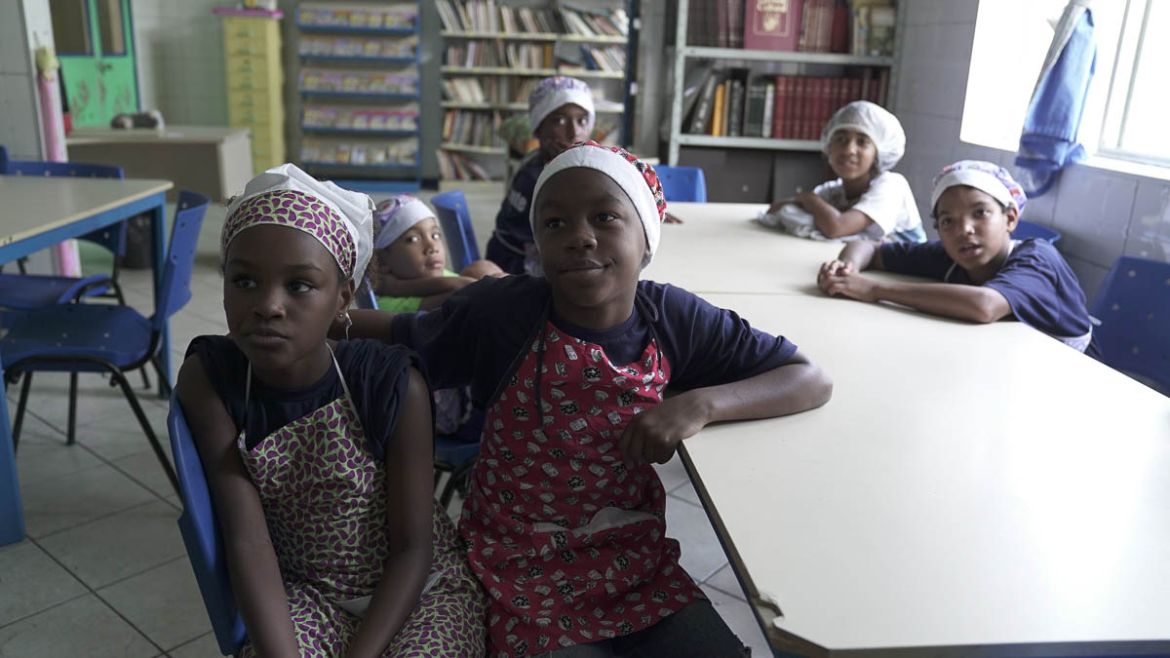In Pictures
From waste to taste: Brazil’s fight against food waste
Brazilians fight back against food waste by educating the youth and salvaging food.

Nearly a third of all food produced in the world – more than 1.3 billion tonnes – is lost or wasted every year.
The amount of food waste adds up to a global cost of $2 trillion and could feed as many as two billion people annually.
When walking along the colourful rows of Rio de Janeiro’s food markets, wilted cabbage leaves, bruised tangerines and discarded fruit cover the ground hidden behind the stalls.
“More than 800 million people worldwide are hungry and the food that’s thrown away would be enough to feed them,” said Rodrigo Sardinha, chef at Rio de Janeiro restaurant Gastromotiva Refectory, which prepares meals for the homeless with donated food.
Brazil is one of the world’s largest suppliers of agricultural products, third only to the European Union and the United States.
In developed countries like the US, most of the waste occurs when consumers buy more food than they can consume, resulting in a lot of food being thrown away at home.
In developing countries like Brazil, a significant amount of food is lost before it even reaches supermarkets and homes.
Of all the fruits and vegetables that go to waste in Brazil, around 50 percent is lost while being transported and handled.
While a lot of the waste results from poor infrastructure and inadequate planning, some food is wasted because of a lack of training and awareness.
“The most important thing is to promote change and to respect the food,” said Deise, an alternative cooking instructor who teaches young children ways to incorporate a less wasteful cooking approach.
Some of her recipes include using typically wasted parts of produce, such as banana peels and tangerine skins.
Maria, who has been volunteering for 16 years to sort through donated food and check its viability, said: “I believe if people were more conscious, there would be less hunger. I think there is nothing better than to value all the food that passes through our hands. Because maybe another person that is hungry is lacking what we throw away.”









